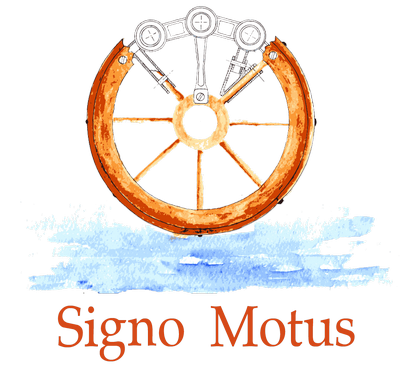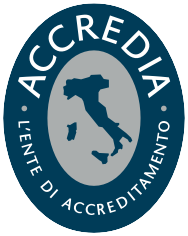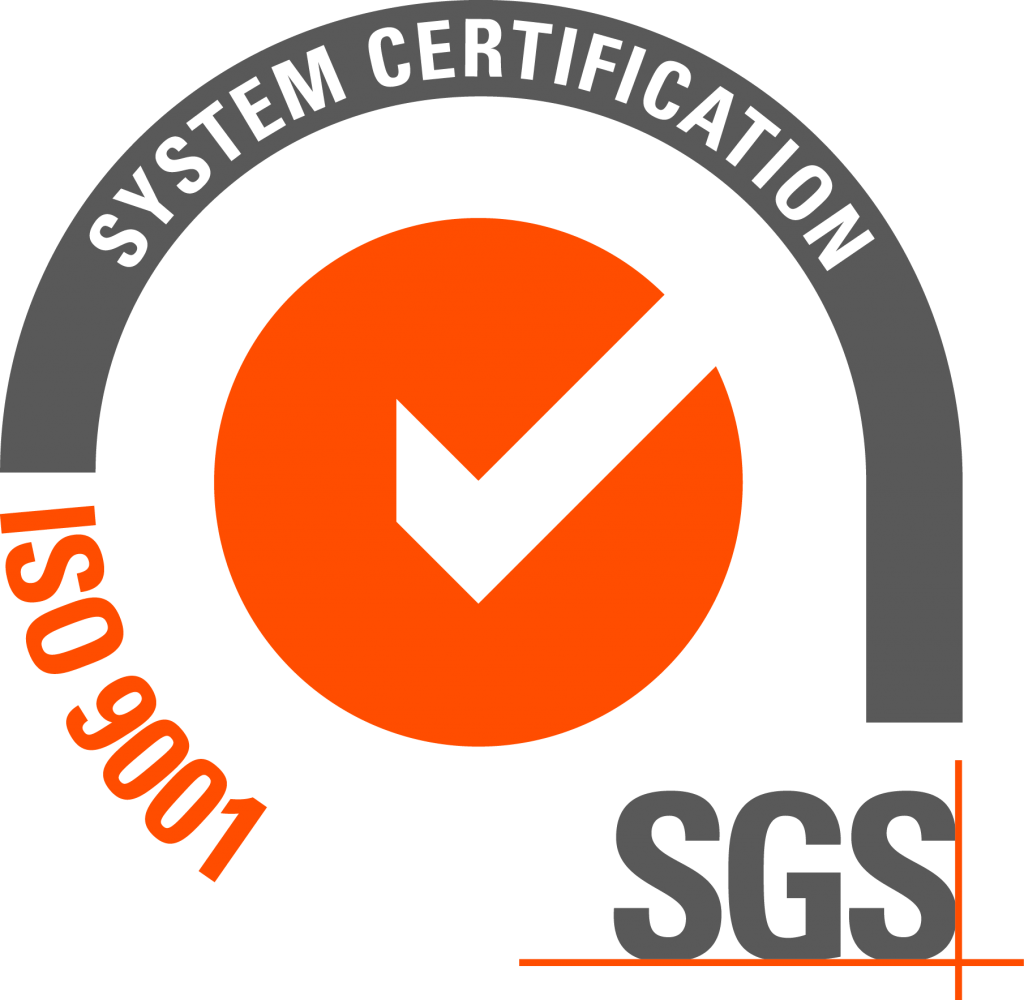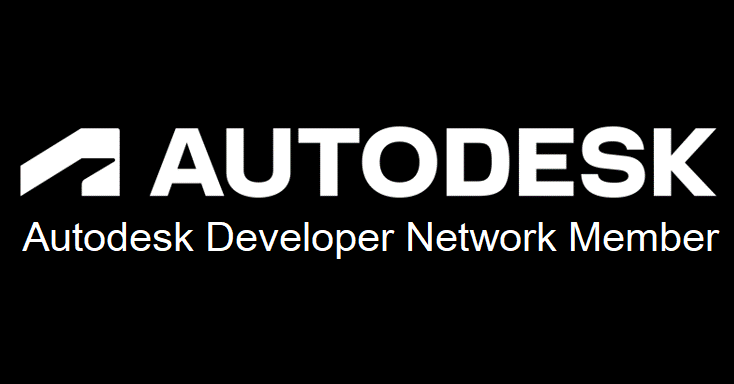
Research and Development
Main research areas
The research areas in which the company is actively involved are:
- Robotics and Automation;
- ICT and e-Health;
- Smart Materials;
- Additive Manufacturing.
Signo Motus has a consolidated experience in Research and Development (R&D), being actively involved in several research projects, since its inception in 1994. The experience acquired, together with the efficient company organization, allow an effective stepping in research programmes at European and National levels, covering technical, management and commercial aspects.
The company stands as main R&D partner in the design, development and testing of innovative solutions and systems in the above-listed research areas. Agreements are in place with the University of Messina (Department of Engineering) to carry out Master's Degree or Doctor of Philosophy Thesis and research activities in the above-mentioned areas of interest.
Research and Development projects in progress
IMPACT - European Research (Phase I: March 2025 / March 2028)
IMPACT: Advanced CROss-cutting Material Structures - Improved IMPACT resistance of lightweight defence structures
- Programme: European Defence Agency (EDA) Category B (opt in) ad hoc projects
- Coordinator: INEGI (Institute of Science and Innovation in Mechanical and Industrial Engineering)
- Consortium: 19 partners (3 IT, 6 PT, 1 DE, 3 FR, 4 LU, 1 CZ, 1 SI)
EXOSOL - European Research (Phase I: February 2025 / February 2027)
EXOSOL: Exoskeletons for Soldiers
- Programme: European Defence Agency (EDA) Category B (opt in) ad hoc projects
- Coordinator: TNO (Netherlands Organisation for Applied Scientific Research)
- Consortium: 9 partners (3 IT, 4 DE, 2 NL)
DetonProof - Italian Research (Phase I: August 2021 / ongoing)
DetonProof: Complex system for studying and validating technological processes for ammunition
- Programme: PNRM (National Plan for Military Research)
- Coordinator: Agenzia Industrie Difesa
- Consortium: 3 partners (IT)
Successfully completed Research and Development projects
PCP-AUTISMO - Italian Research (Phase II: January 2025 / September 2025)
PCP-AUTISMO: Innovative applications of Virtual and Augmented Reality for people with an autism spectrum condition (ASC)
- Programme: PCP-MUR (National Ministry of University and Research)
- Coordinator: Signo Motus
- Consortium: 2 partners (IT)
CORERAM - Italian Research (September 2024 / August 2025)
CORERAM: Design and numerical simulation techniques for the development of innovative and sustainable structural cores through Robotic Additive Manufacturing
- Programme: PNRR (M4 C2 I1.3) - Cascade Call "Made in Italy Circolare e Sostenibile" - MICS - PE00000004- Spoke 6
- Coordinator: Signo Motus
- Consortium: 3 partners (IT)

ERXOS - Italian Research (July 2024 / November 2025)
ERXOS: Semi-active exoskeleton based on Advanced Materials to support upper limb rehabilitation treatment
- Programme: PNRR (M4 C2 I1.5) - Cascade Call "Tuscany Health Ecosystem" - THE - Spoke 9
- Coordinator: Signo Motus

COMMON LINK - European Research (November 2022 / November 2025)
COMMON LINK: Computational modelling for long term inter-sectoral advanced knowledge on Non-Newtonian fluids (NNF)
- Programme: European Defence Agency (EDA) Category B (opt in) ad hoc projects
- Coordinator: Signo Motus
- Consortium: 5 partners (3 IT,1 CZ,2 PL,1 LU)
SMART REHAB - Italian Research (December 2019 / September 2023)
SMART REHAB: Innovative devices based on Smart Materials (ElectroReological Fluids) for lower limb rehabilitation
- Programme: POR FESR Sicilia 2014-2020 Azione 1.1.5
- Coordinator: Signo Motus
- Consortium: 8 partners (IT)

SMART REHAB - Italian Research (July 2017 / November 2021)
SMART REHAB: Strategic innovation plan for development and marketing of eHealth solutions and rehabilitation robotics
- Programme: POR FESR Sicilia 2014-2020 Azione 1.1.2
- Coordinator: Signo Motus

VERSUS - Italian Research (October 2017 / March 2020)
VERSUS: Virtual-Reality Enhanced Rehabilitation for Sustainable and Usable Services
- Programme: POR FESR Toscana 2014-2020
- Coordinator: Signo Motus
- Consortium: 8 partners (IT)

DI-ASD - Italian Research (July 2015 / December 2018)
DI-ASD: a technological support system for the diagnosis of Autism Spectrum Disorders (ASD)
- Programme: POR FESR Toscana 2014-2020
- Coordinator: Orthokey srl
- Consortium: 5 partners (IT)

Vita Nova - Italian Research (April 2016 / October 2018)
Vita Nova: an adaptive ICT service for cardiovascular and metabolic risks reduction in premenopausal and menopausal women
- Programme: FAR-FAS 2014 Regione Toscana
- Coordinator: Signo Motus
- Consortium: 5 partners (IT)

ERXOS - European Research (April 2016 / September 2016)
ERXOS: ElectroRheological fluid based eXOSkeleton devices for physical upper limb rehabilitation
- Programme: H2020 - SME-Instrument - PHASE I
- Coordinator: Signo Motus (Mono-Applicant)
ADHERE - Italian Research (December 2010 / February 2016)
ADHERE: Advanced Development Held by Electro-Rheological Effect
- Programme: PNRM (National Plan for Military Research)
- Coordinator: Signo Motus
-
Sub-contractor:
- DCIIM-UNIME (Department of Industrial Chemistry and Materials Engineering - University of Messina);
- IPCF-CNR Messina (Istituto per I Processi Chimico Fisici - National Research Council);
- ITAE-CNR Messina (Istituto di Tecnologie Avanzate per l'Energia "Nicola Giordano" - National Research Council);
IESS - Italian Research (April 2010 / October 2015)
IESS: ICT platform for health and home care services
- Programme: Fondo per l’Innovazione Tecnologica (F.I.T.) Legge 46/82 – 2009
- Coordinator: Signo Motus

RICHARD - European Research (September 2010 / October 2013)
RICHARD: Regional ICT based Clusters for Healthcare Applications and R&D Integration
- Programme: FP7 Capacities – Region of Knowledge – FP7-REGIONS-2010-1
- Project Coordinator: Regione Toscana (Italy)
- Scientific Coordinator: Signo Motus
- Consortium: 15 partners (IT, SE, UK, PL)
- Factsheet: download
CLEAR - European Research (September 2008 / February 2012)
CLEAR: Clinical Leading Environment for the Assessment of Rehabilitation protocols in home care
- Programme: ICT Policy Support programme under the Competitiveness and Innovation Framework Programme (CIP)
- Coordinator: Signo Motus
- Consortium: 13 partners (4 IT,4 SP,2 PL,3 NL)
- Website: www.habiliseurope.com
- Factsheet: download
Body Extender - Italian Research (2007 / 2010)
Body Extender: Exoskeleton to improve the load capabilities of the operator
- Programme: PNRM (National Plan for Military Research)
- Coordinator: Scuola Superiore S. Anna di Pisa (Lab. PERCRO)
- Sub-contractor: Signo Motus
HELLODOC - European Research (March 2005 / February 2007)
HELLODOC: HEaLth Service Linking Tele-rehabilitatiOn to Disable PeOple and Clinicians
- Programme: eTen - Market Validation
- Brochure: download
H-CAD - European Research (September 2001 / August 2004)
H-CAD: Home care Activity Desk
- Programme: FP5 – Information Society Technologies Systems and Services for the Citizen - Applications relating to health
- Website: H-CAD
DRAMA - European Research (June 1998 / November 2000)
DRAMA: Developments in Rehabilitation of the Arm - A Multimedia Approach
- Programme: FP4 – Information Technologies
TREMOR - European Research (October 1996 / April 2000)
TREMOR: Development and Validation of New Assistive Devices for the Treatment of Disabilities caused by Tremor
- Programme: FP4 – Information Technologies (Tide Project DE 3216 TREMOR)


